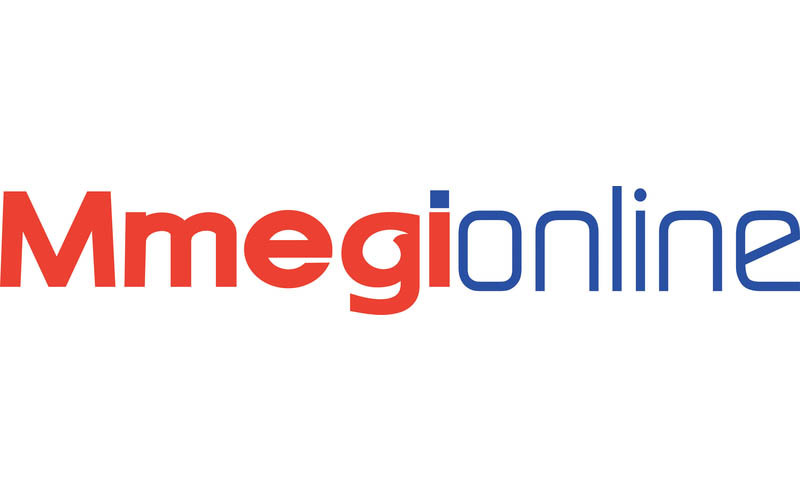The study was developed last year by the Botswana Investment and Trade Centre (BITC) in partnership with the European Union’s Africa RISE (Reform for Investment and Sustainable Economies) programme.
The study aims to help Botswana develop its pharmaceutical manufacturing capabilities while boosting its competitiveness at both local and regional levels. The consultancy team included three local experts from the University of Botswana who worked alongside the BITC team, reporting to a diverse reference group that validated the findings.









